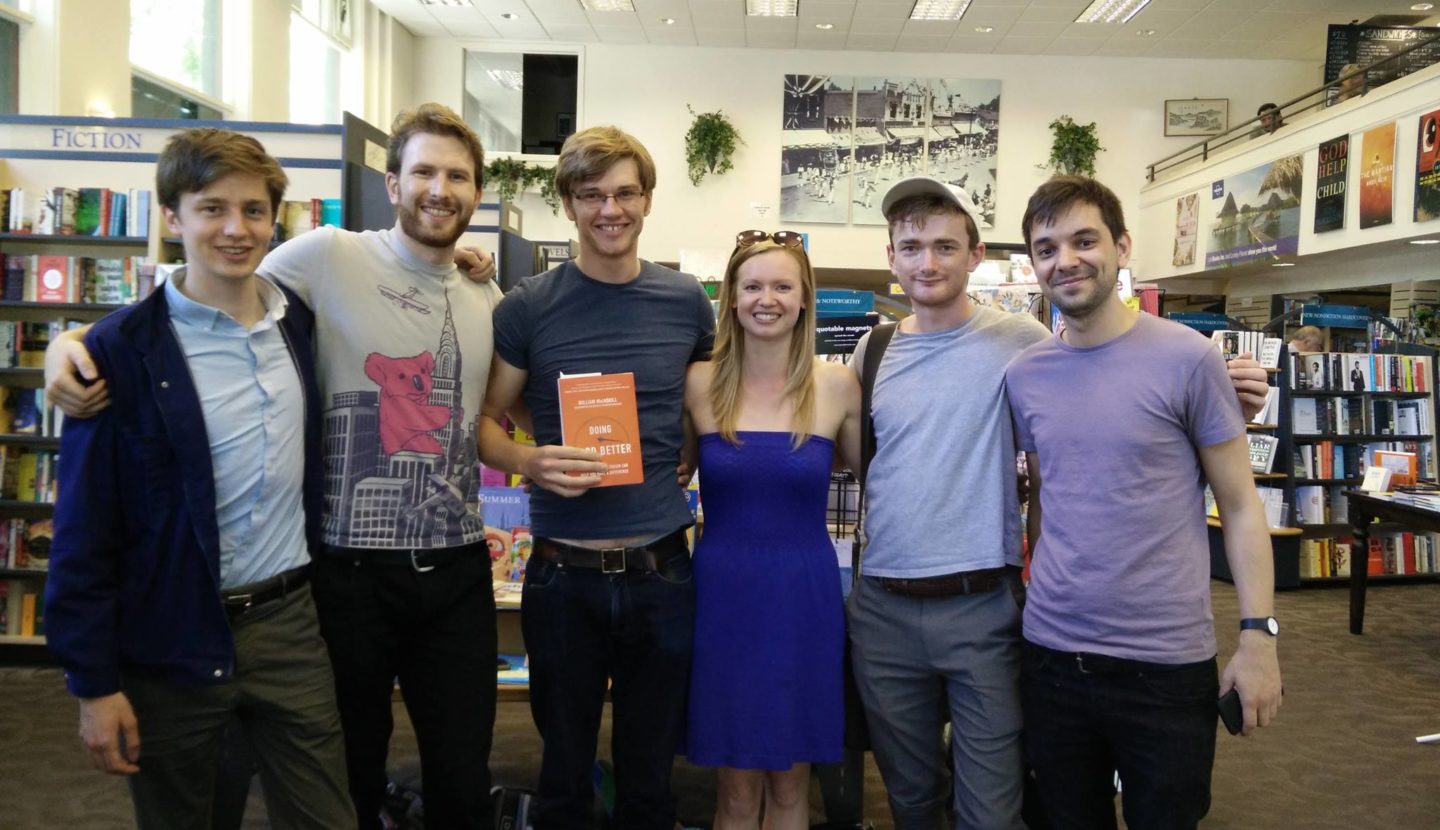Try the new 80,000 Hours ‘Career Recommender’ – it could change your life
We just added a new and very cool feature to our website: the ‘career recommender’.
It takes about 3 minutes to use and might end up significantly changing the course of your career.
Our goal is to ask you just a questions and then tell you in what careers you can have the greatest social impact.
If that sounds ambitious, that’s because it is! But the thousand of people who have already used it during testing it have found it surprisingly useful.
It should at least throw up options you should seriously consider before you do something else. So:
- Use the Career Recommender.
- Once you’re done, it can email you your suggestions so you can read more about them later.
- Share it on social media and perhaps change the lives of your friends and family for the better.

We expect the career recommender to remain a core part of our career guide in the future. It’s already useful, but it will become much more so over time as our research expands and we:
- ‘Review’ and rate a wider range of paths, especially those in which people can achieve great things without having to have far above average quantitative or language skills.
- Change the questions to more precisely measure people’s skills.
- Check that it gives good answers for any possible set of inputs.





 Wealth inequality globally is incredibly high. Perversely, this can be an argument in favour of working in finance.
Wealth inequality globally is incredibly high. Perversely, this can be an argument in favour of working in finance.



 When I was an undergraduate I came to fully understand the depth of the world’s problems: tens of billions of animals were suffering in factory farms, humanity faced the risk of catastrophic nuclear war, billions continue to live in horrendous poverty, and that was just the start. I wanted to solve these problems, but when I tried to take concrete steps I mostly felt powerless and frustrated.
When I was an undergraduate I came to fully understand the depth of the world’s problems: tens of billions of animals were suffering in factory farms, humanity faced the risk of catastrophic nuclear war, billions continue to live in horrendous poverty, and that was just the start. I wanted to solve these problems, but when I tried to take concrete steps I mostly felt powerless and frustrated. Pooja Chandrashekar is a good demonstration that sometimes the best way to show people you can achieve amazing things is just to achieve amazing things. (Photo by J. Lawler Duggan/For The Washington Post)
Pooja Chandrashekar is a good demonstration that sometimes the best way to show people you can achieve amazing things is just to achieve amazing things. (Photo by J. Lawler Duggan/For The Washington Post)